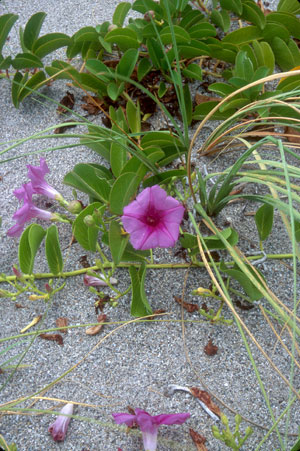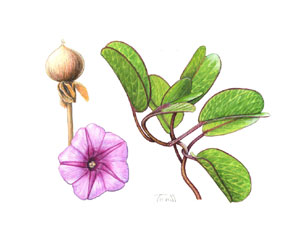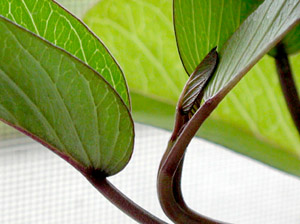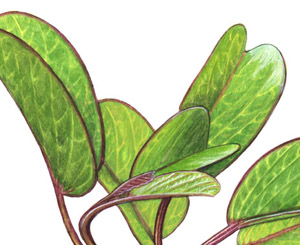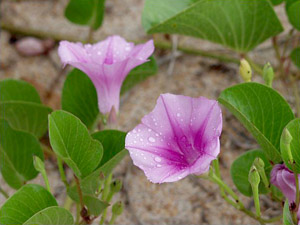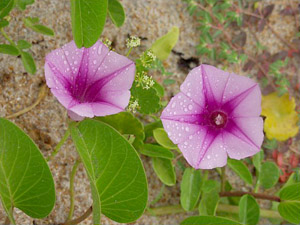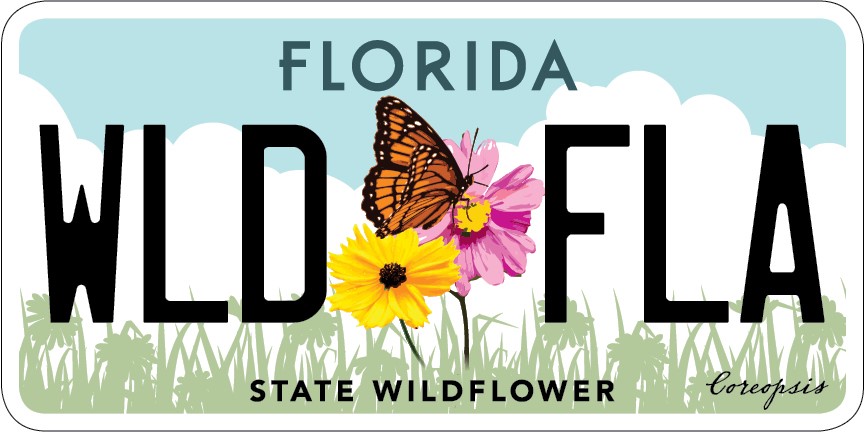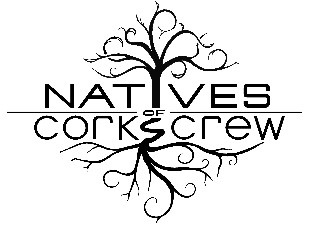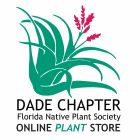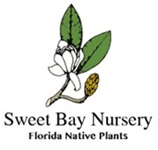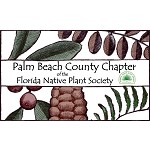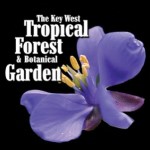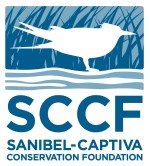General Landscape Uses:
Groundcover in open, coastal uplands.
Ecological Restoration Notes: One of the most important sand-binding vines in coastal uplands throughout South Florida.
Availability:
Widely available in central Florida. Commonly available at native plant nurseries in South Florida. Available at
Indian Trails Native Nursery in Lake Worth (561-641-9488) and in Boynton Beach at
Sustainscape (561-245-5305).
Description: Prostrate herbaceous vine with very long stems.
Dimensions: Typically 3-9 inches in height; stems to 100 feet in length.
Growth Rate: Fast.
Range:
Southeastern United States west to Texas and south to the Monroe County Keys; West Indies, Mexico, Central America and South America.
 Map of select IRC data from peninsular Florida.
Map of select IRC data from peninsular Florida.
 Map of suggested ZIP codes from South Florida north to Jacksonville, Gainesville, and Cedar Key.
Map of suggested ZIP codes from South Florida north to Jacksonville, Gainesville, and Cedar Key.
 Map of ZIP codes with habitat recommendations from the Monroe County Keys north to Martin and Charlotte counties.
Habitats:
Map of ZIP codes with habitat recommendations from the Monroe County Keys north to Martin and Charlotte counties.
Habitats: Beach dunes and coastal thickets.
Soils: Moist, well-drained sandy soils, without humus.
Nutritional Requirements: Low; it grows in nutrient poor soils.
Salt Water Tolerance: Moderate; tolerates brackish water or occasional inundation by salt water.
Salt Wind Tolerance: Pioneer; grows in unconsolidated substrate in direct salt wind and spray.
Drought Tolerance: High; does not require any supplemental water once established.
Light Requirements: Full sun.
Flower Color: Pink to reddish-purple. Rose-purple stripes radiate out from the throat.
Flower Characteristics: Showy, 2-3" wide.
Flowering Season: All year.
Fruit: Inconspicuous capsule. All year.
Wildlife and Ecology: One of the most important beach pioneer species. Nectar plant for butterflies.
Horticultural Notes: Can be grown from seed or cuttings.
References: Hammer 2004, Nelson 2003
Comments: The name "pes-caprae" means "goat's foot" referring to the shape of the leaf. See also the Florida Wildflower Foundation's
Flower Friday page.



